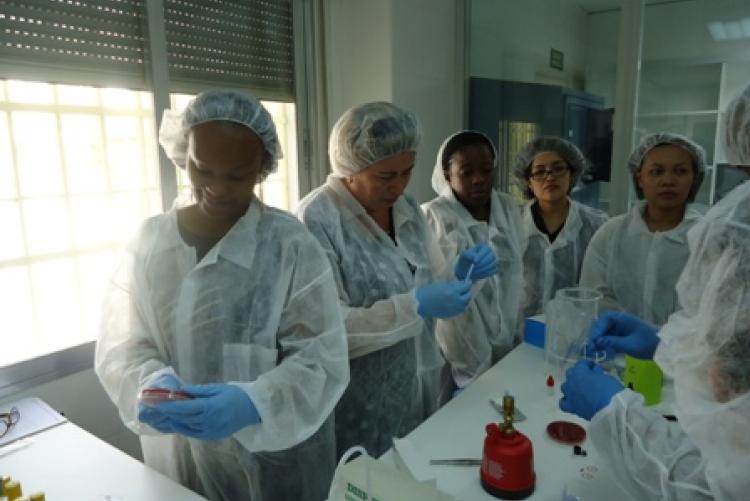History
The food safety and quality programmes were initiated in 2007 by Peter Lamuka, Lecturer in Food Microbiology and safety in collaboration with the United Nation Industrial Development Organization (UNIDO), Kenya. The postgraduate and certificate curricula in Food Safety and Quality were developed in collaboration with various stakeholders and focus on both the theoretical, practical and preventive aspects of food safety and quality throughout the food chain from primary production to consumption. The development programmes were based on one of the findings of a needs assessment by the National Inter-Ministerial Food Safety Coordination Committee that reported that limitations in the human resource capacity are a major constraint in management of food safety across the various organizations mandated to carry out food safety management in Kenya. These postgraduate and certificate curricula were approved by the senate in 2010. The first five (5) postgraduate students for MSc. in Food Safety and Quality were admitted in October 2010 and graduated in 2012.
Preamble
Food safety and quality has become an issue of high priority nationally and internationally due to globalization of the food market and access to safe food being incorporated as a human right in the Bill of Rights of many governments’ constitution. Food Safety is central to public health, poverty reduction and sustainable development of most governments.
Developing countries face tremendous challenges in ensuring an adequate supply of safe and quality foods for their domestic and international markets. Very little attention has been paid to the prevention of foodborne hazards and diseases along the food value chains. In this realization, the World Health Organization (WHO) urged the Member States to integrate food safety in their public health and nutrition functions and to provide adequate resources to establish and strengthen food safety programmes. Priority interventions included, among others, includes formulation and implementation of food safety policies, regulations and capacity building. Training, among others, is the most potentially useful and cost-effective intervention for improving the safety and quality of foods. There is a growing recognition that food safety is an emerging profession in the food production, processing and marketing chain.

